- Arakan Army signals willingness to forge strategic partnership with Bangladesh’s new government
- Internet blackout in Arakan State hampers emergency aid delivery
- Arakan residents call for air raid warning systems amid surge in junta airstrikes
- Arakan’s Breathing Space (or) Mizoram–Arakan Trade and Business
- Death toll rises to 18 after junta airstrike on Ponnagyun village market
Some ethnic armed groups yet to decide on attending junta’s peace talks
Some ethnic armed organisations say they have not yet decided whether or not to engage in peace talks offered by Myanmar’s military regime.
10 Feb 2022
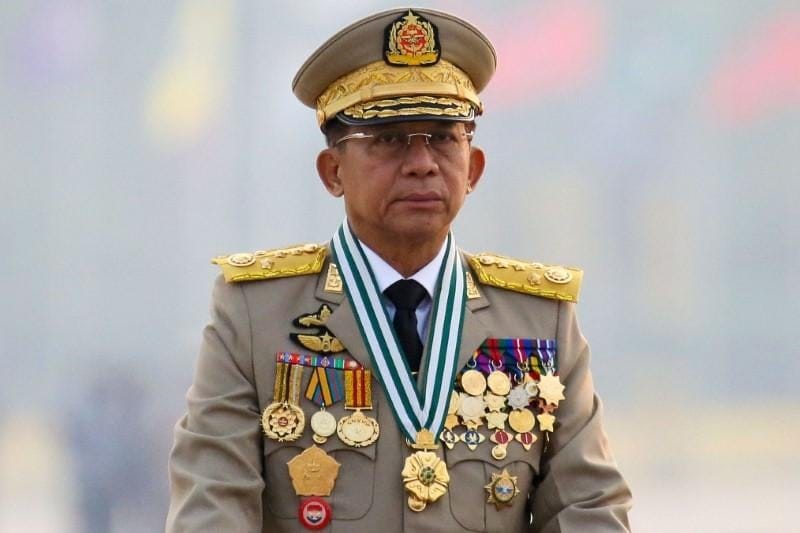
DMG Newsroom
10 February 2022, Sittwe
Some ethnic armed organisations say they have not yet decided whether or not to engage in peace talks offered by Myanmar’s military regime.
The military invited ethnic armed organisations (EAOs) on February 6 to attend preliminary peace talks on the upcoming 75th anniversary of Union Day, which falls on February 12.
The junta said that with the exception of organisations declared as terrorist groups, it had invited not only EAOs that are signatories to the Nationwide Ceasefire Agreement (NCA) but also NCA non-signatories to Saturday’s Union Day ceremony and a pre-coordination meeting on peace talks.
The junta has said it intends to approach the peace talks as freely as possible, without any preconditions.
Kachin Independence Organization (KIO) spokesman Colonel Naw Bu told DMG that it was not yet clear whether the KIO Central Committee would decide whether to attend the junta’s invitation to peace talks.
“We don’t yet know the comments of the KIO Central Committee and I think the answer will come in the evening. At the moment, we have not been instructed in anything,” he added.
The Arakan Army (AA) says it too has not yet decided whether to accept the military council’s peace talks proffer, as consultations have not yet taken place between the three members of the Northern Alliance. The Ta’ang National Liberation Army and Myanmar National Democratic Alliance Army are the alliance’s other two members.
Some EAOs that have signed the NCA are also still discussing whether to attend the peace talks.
Ethnic leaders were still consulting on the matter, said Saw Mra Yarzar Lin, a member of the Arakan Liberation Party (ALP) Central Committee.
“The NCA is still valid,” she added. “In addition to the 10 ethnic armed groups that have signed the NCA, there are sections that need to be discussed with these people, regardless of whether they [the junta] can seize state power by any means, and the NCA is still in force under a government elected by the people. I accept that no matter what the next government is, we will still have to talk about the NCA.”
The Karen National Union (KNU), which has been involved in fierce fighting with the Myanmar military since the coup, has said it will not attend the peace talks.
“Our position is clear. We won’t attend the military council’s peace talks,” Padoh Saw Taw Nee, head of the Foreign Affairs Department of the KNU — one of the country’s most influential ethnic armed groups and an NCA signatory — told DMG.
“It is possible that the Myanmar military is inviting ethnic armed groups to hear voices on how to work for peace,” said U Pe Than, an Arakanese politician.
He added that the invitation to peace talks was positive and could lead to a productive dialogue.
“We need to choose a system that is compatible with our country, regardless of the differences we have about federalism,” said junta leader Senior-General Min Aung Hlaing on February 1, 2022, the one-year anniversary of the coup.
“The division of power between the three branches and the division of power between the states and regions in accordance with the law will give each region and state the right to self-determination,” he continued.
The fact that the military council had invited EAOs to peace talks while fighting between junta troops and some of these same EAOs on the ground was inconsistent, said U Khaing Thukha, a spokesman for the Arakan Army, which is an NCA non-signatory.
“The Myanmar military launched an offensive in Arakan State,” he noted, referring to recent fighting in Maungdaw Township. “The Myanmar military’s offensive could be a major obstacle to building mutual trust.”
Ten ethnic armed organisations have signed the NCA, while several others, including some of the country’s most powerful, are not signatories.




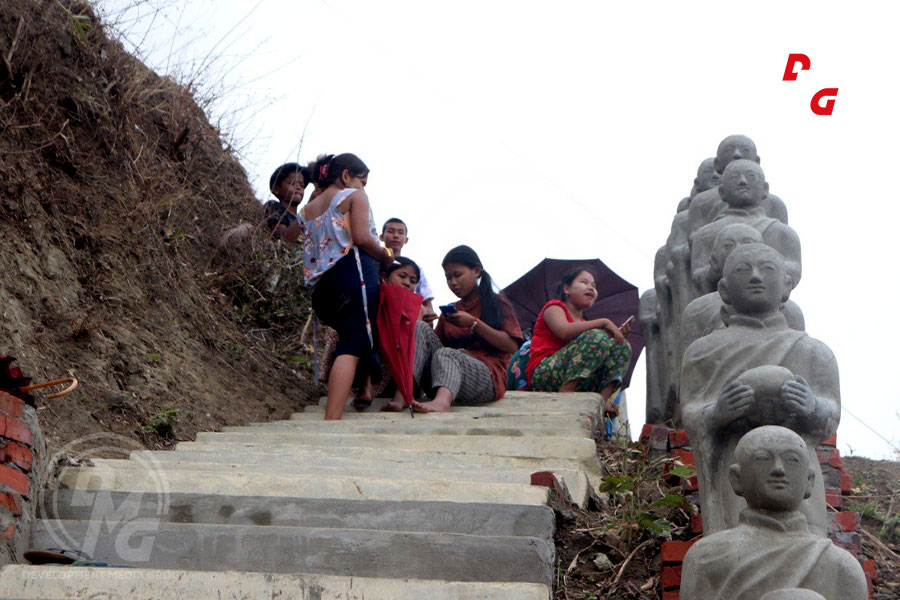
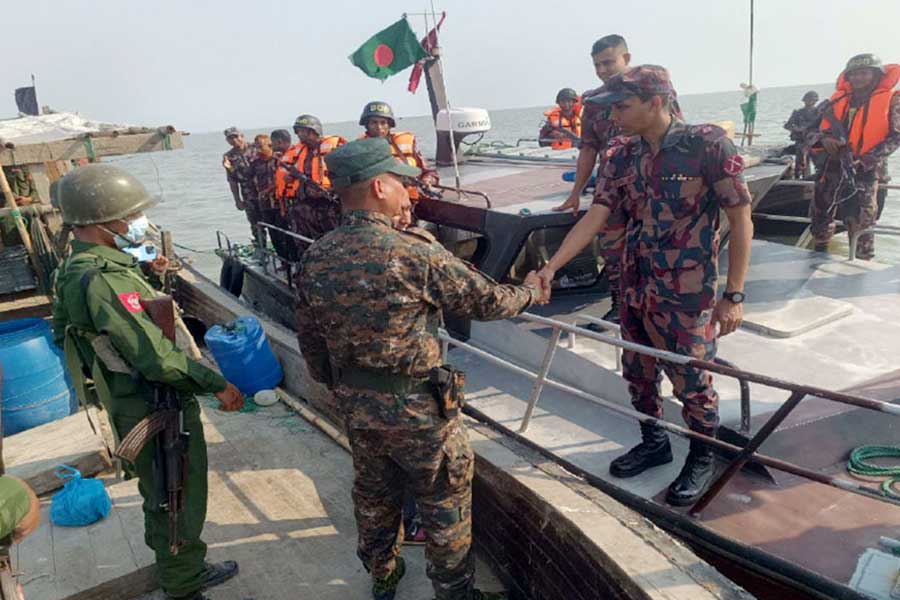
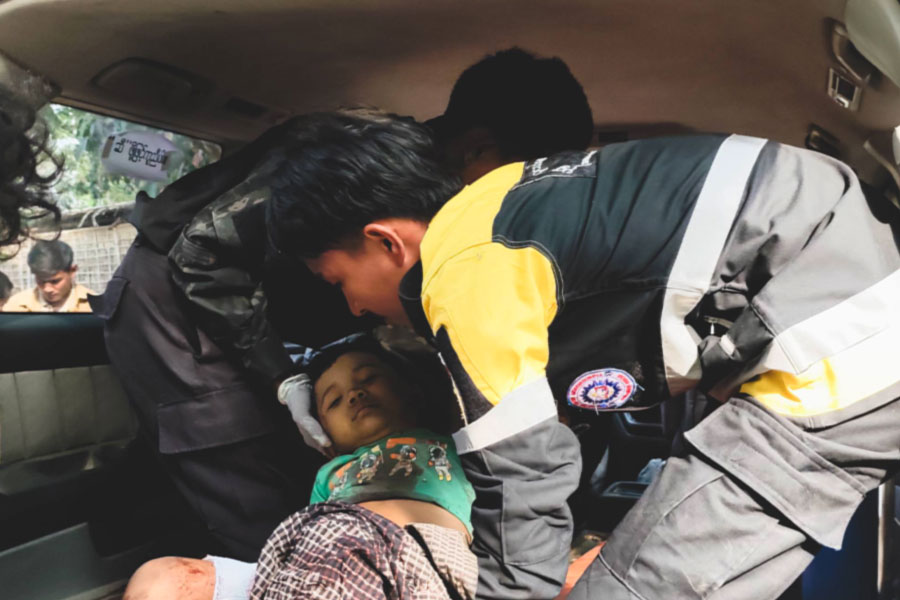
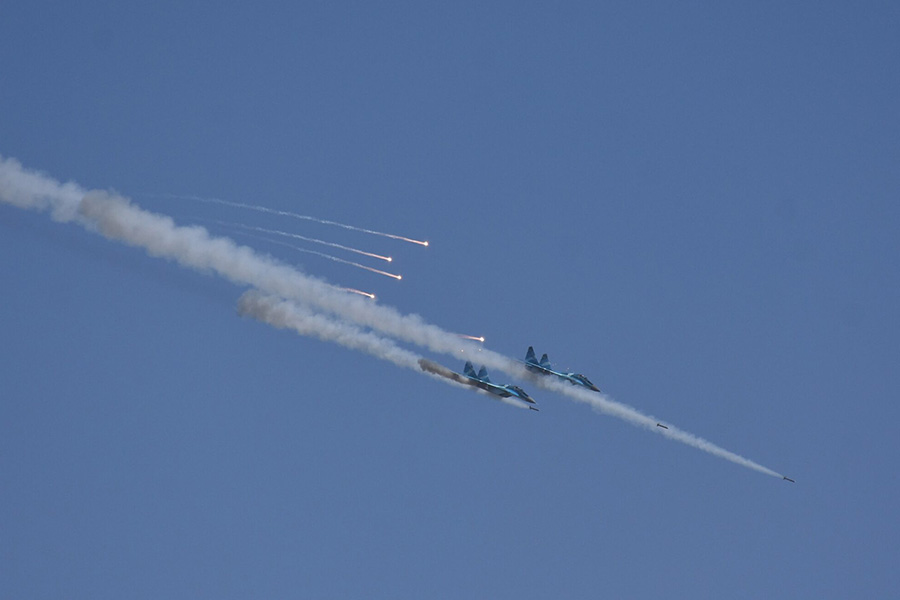
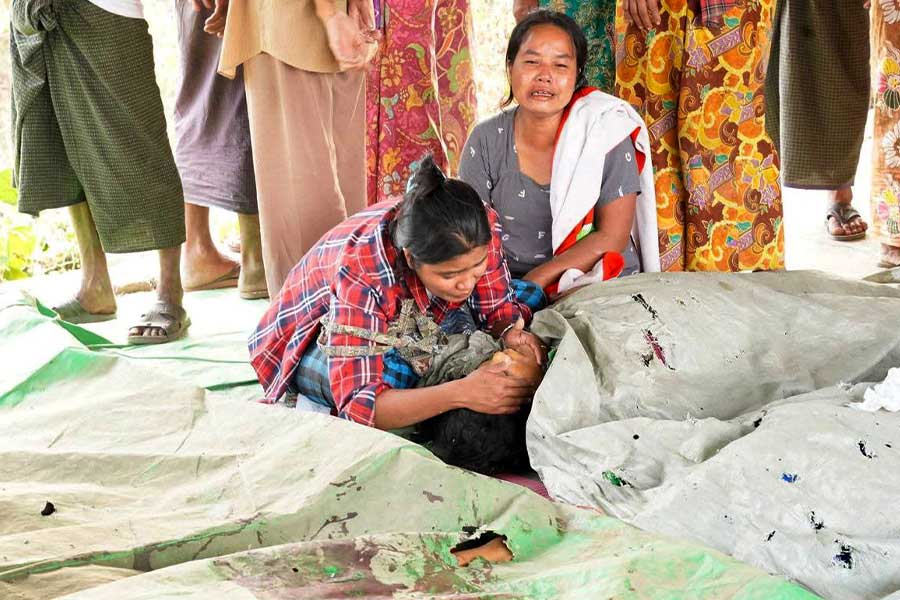








.jpg)